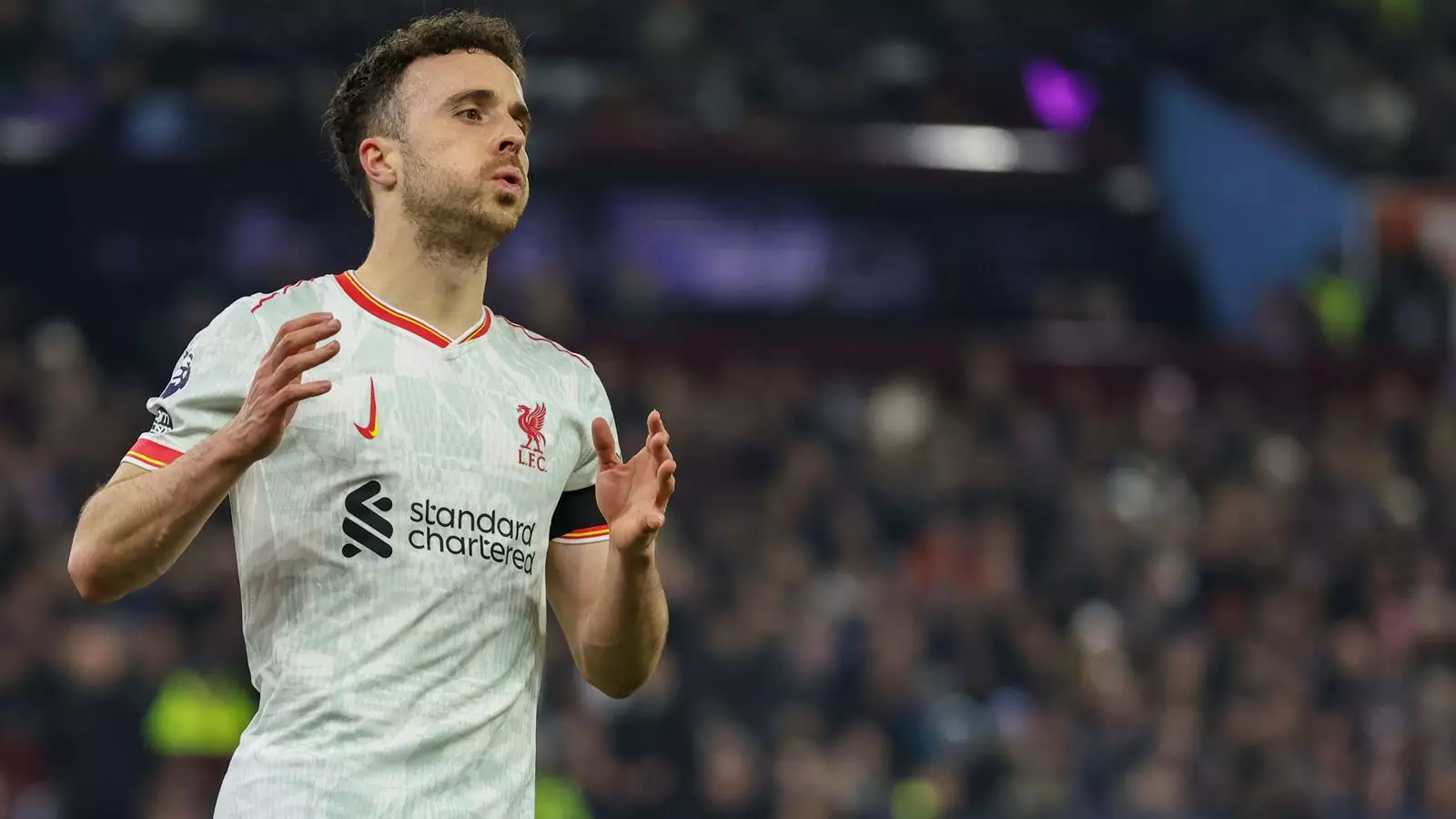The sudden demise of Portuguese football sensation Diogo Jota in a tragic car crash has sent shockwaves through both the football community and society at large. Jota, only 28, was not just a talented athlete but also a symbol of hope and perseverance for many young fans. His untimely death, alongside his brother Andre, underscores the fragile and unpredictable nature of life, exposing harsh realities that often go unnoticed until tragedy strikes. This incident is more than just a headline; it is a stark reminder of how fleeting success and life itself can be.
The circumstances surrounding the accident reveal a familiar yet heartbreaking narrative. A tire burst while overtaking led the Lamborghini off the road, culminating in a fatal fire that claimed both lives in the early hours of Thursday morning. Such accidents highlight the importance of road safety and the often-overlooked dangers lurking in everyday travel. Yet, amid this tragedy, it’s vital to recognize the broader implications—how vulnerability, even among the most celebrated individuals, can eradicate the veneer of invincibility.
Societal Reflection on Sudden Loss and Humanity
Jota’s death invites a profound reflection on the societal obsession with fame and the often-revered personas of athletes. Behind the gleaming stadiums and colossal applause lies a fragile individual whose life is subject to the same unpredictable forces as anyone else. Society tends to forget this until tragedy hits home, revealing how ephemeral fame truly is. Diogo’s recent marriage, his joyful pursuits like streaming on Twitch, and the anticipation of a family life painted a vibrant picture of a man embarking on a new chapter—highlighting how life’s most beautiful moments can be snatched away in an instant.
This event also exposes the systemic shortcomings in road safety and highlights the need for stricter regulations around vehicle maintenance and driving behavior. It’s a sobering call for society to prioritize preventative measures rather than reactive responses after irrevocable damage has been done. While accidents are sometimes unavoidable, the frequency and severity of such tragedies demand a collective introspection on how we manage risk in daily life.
Impact on Football and the Cultural Fabric
Jota’s death isn’t just a loss for Liverpool or Portuguese football—it’s an assault on the cultural fabric that binds communities through sport. His career, though relatively short, was marked by soaring promise and dedication. He embodied resilience, rising from Portuguese football stages to become an integral part of Liverpool’s squad, securing his place in the hearts of fans worldwide. His ability to inspire young players and serve as a role model underscores how sport is intertwined with identity, hope, and aspiration.
But beyond the field, Jota was an active figure in modern digital culture, owning an eSports team and streaming on Twitch. This blend of athletic talent and digital engagement epitomizes a new generation of sports figures who transcend traditional boundaries. The loss of such a multi-dimensional personality prompts society to question how we value those who are not only athletes but also cultural icons influencing various facets of life.
The Need for Compassion in the Wake of Tragedy
The reactions from Croatian Ronaldo and national federation officials demonstrate the deep respect and affection held for Diogo Jota. Tributes pouring in reflect society’s innate need to find solace in shared grief and collective mourning. However, it also raises questions about the resilience of mental health support systems for athletes and young individuals exposed to the glamor and pressures of fame.
In a world obsessed with immediate gratification and superficial success, the genuine human connections surrounding Jota’s passing remind us of the importance of compassion. Society must extend understanding and support to those affected, fostering a culture that values empathy over fame. Only through such a shift can we begin to heal collective wounds inflicted by sudden loss and prevent the emotional toll from compounding even further.
While this tragedy is highly personal for the families involved, its ripple effects should serve as a societal wake-up call. It challenges us to scrutinize how we celebrate fame, how we address road safety, and how we prioritize mental and emotional well-being amidst our fast-paced lives. Diogo Jota’s death pushes us to reflect on our shared mortality and the urgent need to build a community that cares deeply—beyond superficial glitz and glamour—before the next preventable tragedy unfolds.

Leave a Reply